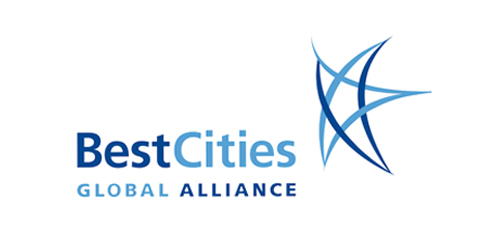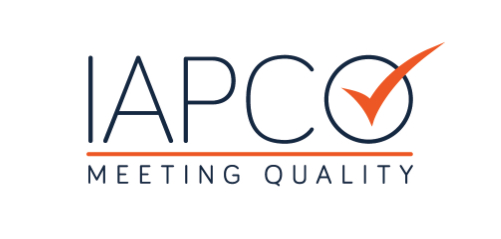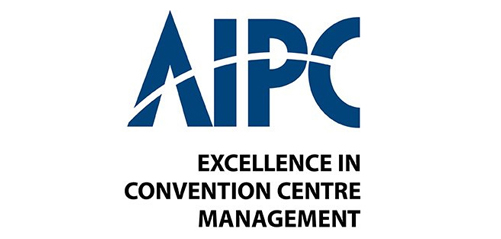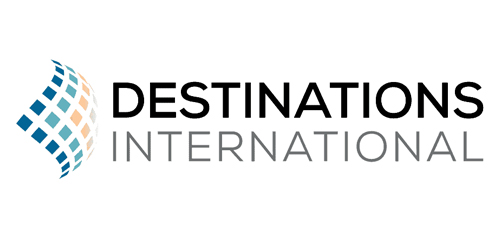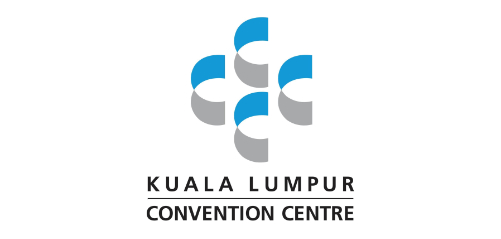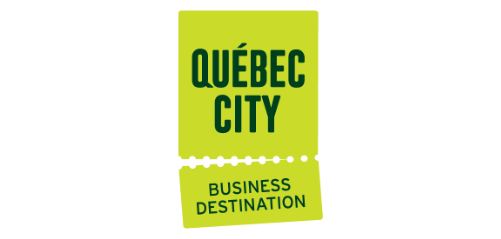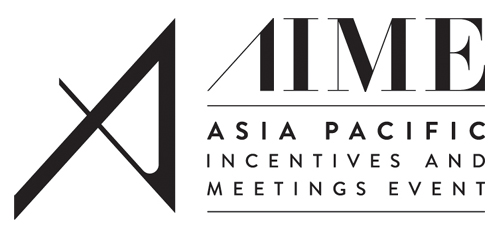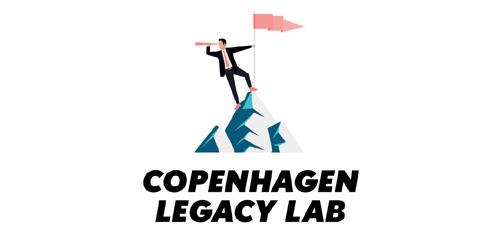The Joint Meetings Industry Council, which presents The Iceberg, has supported industry advocacy through COVID-19 with resources like the JMIC Global Manifesto and JMIC Advocacy Guide. President Kai Hattendorf now looks at the state of advocacy in the sector, examining also some of the lessons that have been learnt.
The past year has generated a lot of industry advocacy activity around the world as different sectors, regions and individual destinations have continued in their efforts to address a wide range of industry-related issues, from managing initial restrictions to surviving increasingly stringent health measures, and from accessing funding support programs to promoting business events as vehicles for economic recovery. These efforts have been as diverse as the varying circumstances they addressed, each tailored to specific challenges, program opportunities and conditions faced by industry groups in many different locations.
But there were lots of commonalities too, so even with unknowns remaining before we are in a position to enjoy a full industry recovery, there is a lot of value in summarizing some of the lessons that have emerged and that will continue to do so in the coming months. And while a number of overall industry resources have been created to help create a level of consistency in how we characterize the industry and what we are promoting as our value in supporting diverse economic sectors, it is the ways in which those messages have been applied that contain the most valuable insights for everyone, even for those in quite different circumstances.
Here are a number of conclusions we can draw from the experience so far, each containing some lessons that will inevitably be of use as the recovery process continues to play out around the world:
First, it is very clear (if it was ever in doubt) that advocacy initiatives must be locally-focused if they are to be truly effective. Whether “local” in this context means city, state, national or even regional, it is the ability to relate directly to a particular level of government and the policies they control that defines the most relevant targeting and content. Carefully targeting your audience is one of the most basic principles of good communications and there is no point in wasting time and resources on those who do not control or at least influence the specific actions you are looking to achieve.
Secondly, that in turn means that local organization, whether through an existing industry organization or an ad hoc alliance, is critical. The ability to speak on behalf of the entire industry in your area is the key to credibility. Particularly in a time of crisis, governments simply do not have the time to consolidate a range of opinion within any individual sector, and instead need to believe that the messages they are getting are representative of that sector as a whole. By consolidating opinion and being able to represent a collective view, you make it much easier for governments to act in the belief that they are doing so on behalf of the sector as a whole, rather than just one aspect of it. Third, we have seen that stressing our broad economic influence is critical. Our ability to argue our benefits to a wide range of different sectors instead of only one or a few is where we have the best opportunity to generate support from policy-makers. We know that business events are what drive and facilitate a whole range of other sectors, from hospitality to academia, and from business to professional development. But others often do not, and by emphasizing that aspect of our argument we broaden its appeal at a time when so many different community interests need stimulus. In many places there is still a tendency to focus on benefits to particular sectors like tourism and hospitality for the purposes of valuing the industry, so this broader value definition is something that needs particular emphasis.
Fourth, while we understand and accept that advocacy must be locally-focused and articulated, there is still a need for consistent messaging. Mixed messages threaten credibility, which spells death in a competition for policy and funding support. The easiest way to achieve this is by taking the kind of global messaging contained in resources like the JMIC Global Manifesto launched last year, then adapting and illustrating this in a local context. Doing so shows not only that there is a consistent view of industry values around the world, but how exactly these apply to local challenges and recovery opportunities, which is the best possible combination of arguments.
A fifth lesson is one in political reality, namely that when it comes to government policy priorities, “street appeal” generally takes precedence over economic logic. Many jurisdictions have found to their dismay that when it comes to event reopening, there is often more political attractiveness to public gatherings that respond to the interests of locals than to things like business events that seem directed to a narrower range of participants and are more likely to involve “outsiders”. There is no easy solution to this but it is a valuable insight when preparing arguments and choosing targets for messaging. In the longer term, it reinforces the need for more work in order to shift thinking in this regard.
The sixth lesson many have learned is the importance of having good backup data, especially in the area of value demonstration, data that is not instantly available when the need arises. General assertions about industry value are not enough when tough investment decisions are being made. There needs to be supporting evidence, preferably hard numbers such as economic impact calculations, but also including documented examples of the broader benefits that arise through good case studies. Again, these are not things that can just be assembled overnight, so the lesson in this case is understanding it needs to be gathered well in advance, so it is available when needed.
Another important conclusion that many have reached is the much greater attention we need to pay to areas beyond our immediate industry that nevertheless impact us greatly, and the importance of participating at a higher level of engagement in our respective communities in order to ensure our views are being taken into account. Areas like health and safety, overall economic strategy or access and immigration policy that may have seemed a distant concern in better times are now being recognized as essential policy areas affecting our own business prospects that need to be engaged with in an ongoing way. In fact, an investment in such matters may have far more consequence for our sector over time than our traditional pre-occupation with more immediately adjacent sectors like tourism and hospitality.
Finally, we have all learned that any advocacy efforts need to include practical solutions to the challenges we identify. It is not enough to simply state a case for our importance and leave it for policy makers or program managers to figure out the rest. A key lesson has been the need to do the local homework required to determine exactly what policy decisions are needed and what specific programs could be used to support industry needs, and to communicate these solutions as an integral part of the message being delivered.
This is hardly an exhaustive list of the many lessons learned in the course of this very challenging time for our industry, but it does serve to illustrate that there are important commonalities and huge value in the exchange of information and experiences amongst colleagues, even when their conditions and circumstances may appear to be very different. Although a particular local solution or success may not be immediately translatable to another city or region, there is almost always some element that can be applied or adapted to enhance similar initiatives in other locations.
At JMIC, we have worked to support industry advocacy with resources like the JMIC Global Manifesto and the JMIC Advocacy Guide while facilitating sharing through vehicles like the Global Conversation webinar and related online events and exchanges. But the greatest long term value will come from the specific experiences that are accumulating in individual destinations and the conclusions that can be drawn from these through freely exchanging insights and experiences.
This kind of sharing is something that has long characterized our industry, and one reason we can confidently say we will in fact emerge from these current challenges stronger and better equipped to deal with whatever the future may bring.
Kai Hattendorf, President, the Joint Meetings Industry Council





